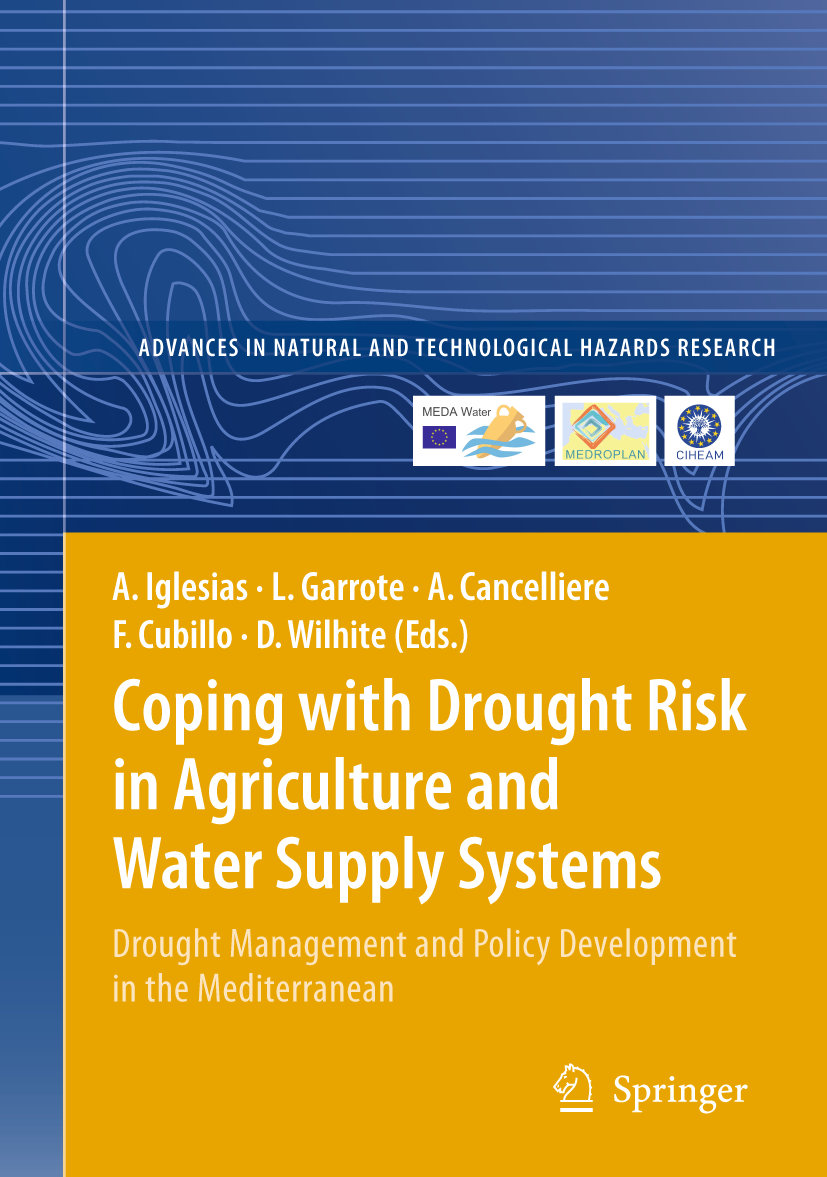Today drought causes severe social problems and receives broad attention from the international scientific and policy communities. Drought management in the Mediterranean region exemplifies many other drought-prone regions with rapidly expanding populations that are placing increased pressure on already limited water supplies.
The experiences in the development and implementation of drought management plans in the Mediterranean highlight the success and challenges of coping with drought for societies with different vulnerabilities. Based on these experiences and the current methods for evaluating risk, the book synthesises guidelines for drought management that can be applied to other regions.
Coping with Drought Risk in Agriculture and Water Supply Systems addresses the growing issue of drought preparedness planning, monitoring, and mitigation which has worldwide application. The book collates considerable information from diverse disciplines. The information is presented to appeal to a broad scientific and policy audience seeking to develop proactive drought management plans effective for decreasing social vulnerability.
This book has been written within the framework of the MEDROPLAN (Mediterranean Drought Preparedness and MItigation Planning) Project, co-funded by the European Union through the Euro-Mediterranean Regional Programme for Local Water Management (MEDA Water) and the Mediterranean Agronomic Institute of Zaragoza - CIHEAM (Spain; Coordinator), Universidad Politécnica de Madrid (Spain), University of Cyprus (Cyprus), National Technical University of Athens (Greece), University of Catania (Italy), Institut Agronomique et Vétérinaire Hasan II (Morocco), Canal de Isabel II (Spain), Confederación Hidrográfica del Tajo (Spain), Fundación Ecología y Desarrollo (Spain) and Ministère de l'Agriculture, de l'Environnement et des Ressources Hydrauliques (Tunisia).
Audience:
This book will be of interest to agricultural, water and land managers; policy-makers; researchers in natural hazards and risk management; graduate students in natural hazards, agricultural and water management, rural planning, policy development, and social development.



